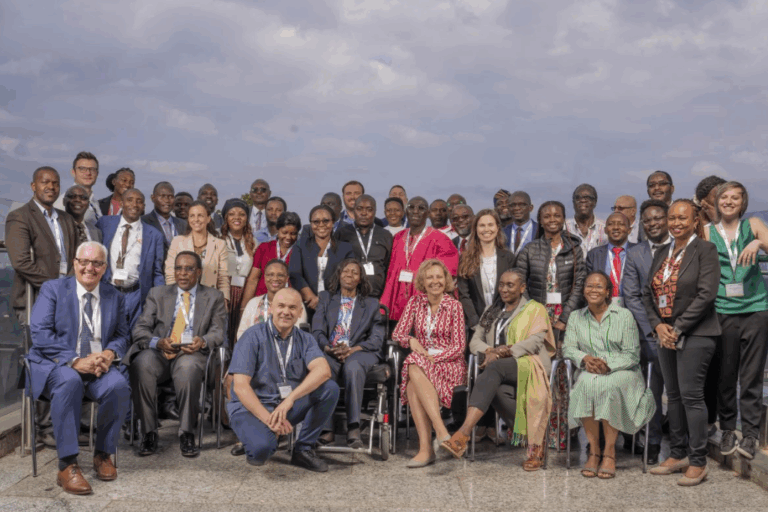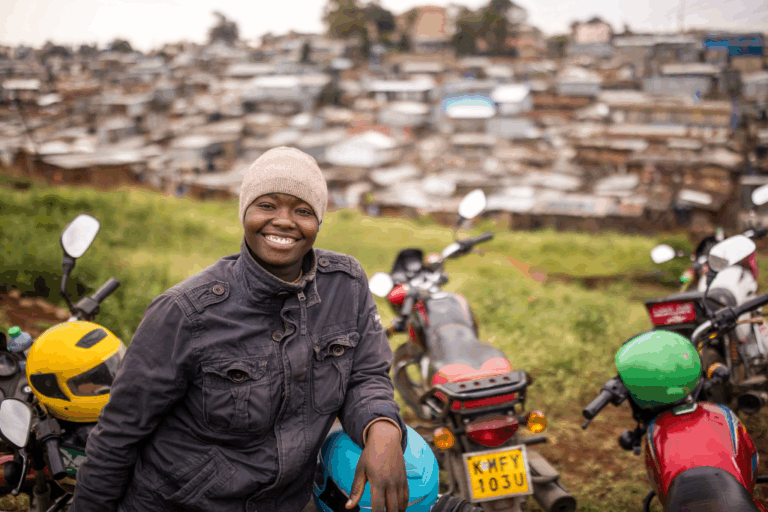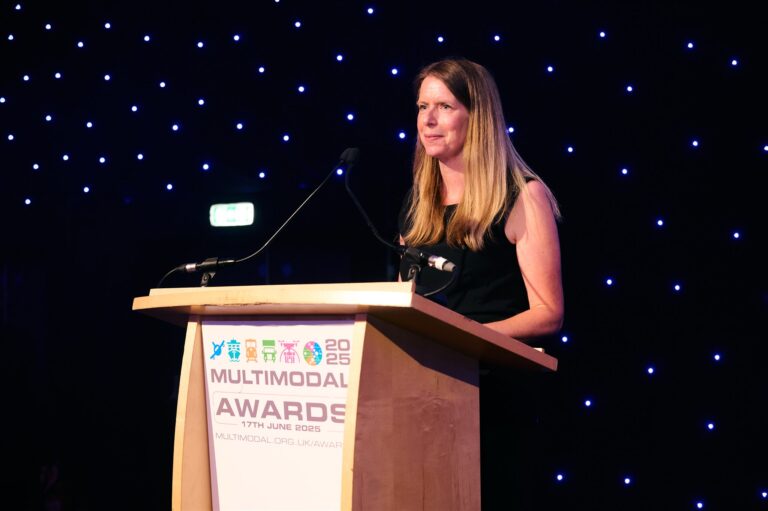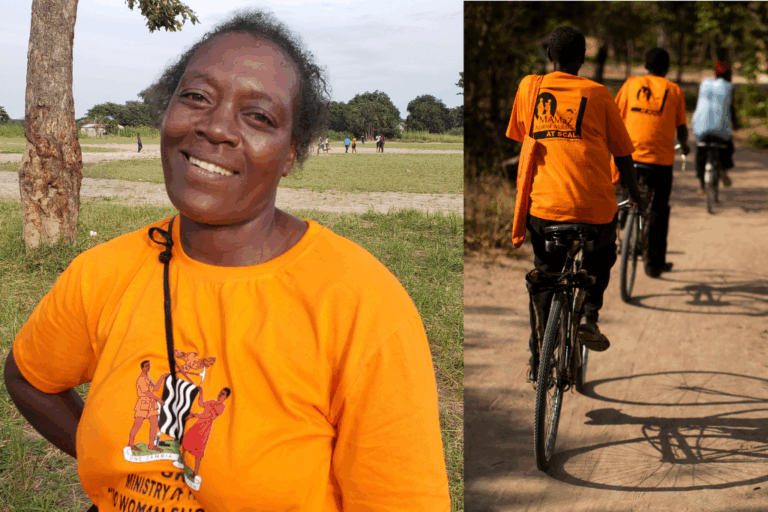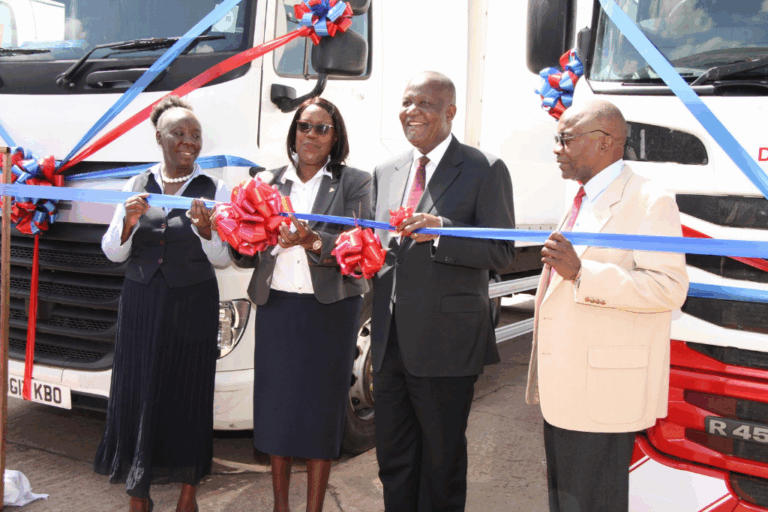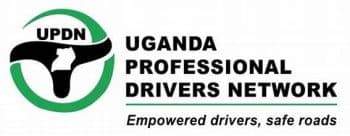
News

Emergency Transport Scheme Helps More than 16,500 Pregnant Women in Labour and Maternal Emergencies to Attend Health Facilities in Nigeria
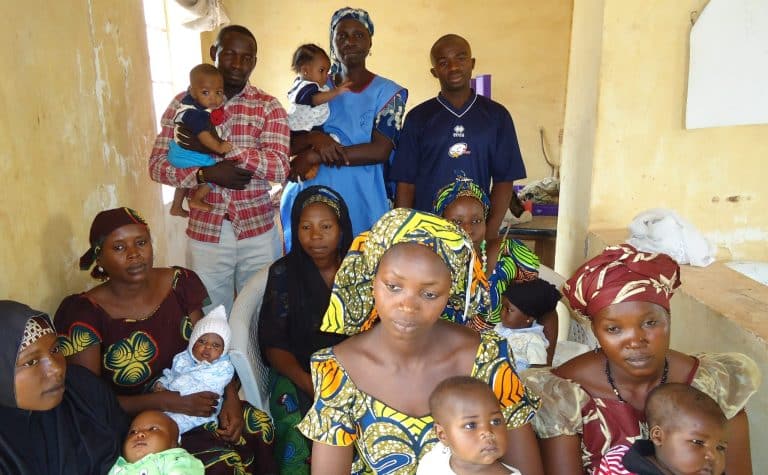
Transaid is on track to achieve outstanding results in our landmark Emergency Transport Scheme (ETS) in Adamawa State, Nigeria. Since the scheme began in July 2013, more than 16,500 pregnant women have been transported to a registered health facility.
Project data shows that 5,955 trips were recorded last year – the highest number in a 12-month period since the scheme began. Furthermore, the data shows that over 70% of the trips made were for women who had complications during pregnancy. In rural Adamawa where many people live far from health facilities these trips will have been potentially life-saving.
Our comprehensive ETS user survey showed that 93% of women reached a Health Facility within one hour. With the World Bank estimating that around 75% of maternal deaths can be avoided through timely access to vital childbirth-related care, this is a crucial benefit of using the ETS. In addition to this, project data also showed that women using the ETS arrived at health facilities in a better health condition compared to when other modes of transport where used.
In 2007, UNICEF reported that the Adamawa Maternal Mortality Rate (MMR) of 1,549 deaths per 100,000 live births was significantly higher than the national rate. The ETS was set up specifically to address this, and our chief executive, Caroline Barber, hopes it can continue to bring this number down: “The number of women using the service is increasing year on year which is an encouraging sign for the sustainability of the scheme.”
Since the start of the programme, 741 drivers have been trained on how to correctly lift and transport pregnant women to the health facilities. The service offered by the drivers is free of charge and our survey showed that 96 per cent of ETS drivers – taxi drivers by trade – did not ask for payment at the end of the journey.
The ETS is implemented in partnership with local NGO Society for Family Health (SFH) and the National Union of Road Transport Workers (NURTW). Transaid also works in collaboration with several stakeholders, including the Ministry of Health, Ministry of Women Affairs and Social Development, and Ministry of Transport. Due to the originality of the ETS intervention, an increasing number of NGOs have shown an interest in collaborating to scale up the scheme to include additional Local Government Areas (LGA).
Commenting on the support received in Adamawa, Caroline adds: “Without the collective commitment and proactive approach from our stakeholders we would not have achieved these astonishing results, which have genuinely helped to save lives. This extends directly to the ETS drivers, as without their selfless commitment to the scheme, we would not have achieved anywhere near the level of transfers we see today”.
The ETS sets out to provide an affordable, accessible and safe transport service for women facing a maternal health emergency. Transaid received a £1 million grant from Comic Relief in 2013 which was used to set up the scheme. The grant was announced at our 15th anniversary celebrations and, as we approach our 20th year, Transaid will continue to grow the initiative.
Recent Posts

